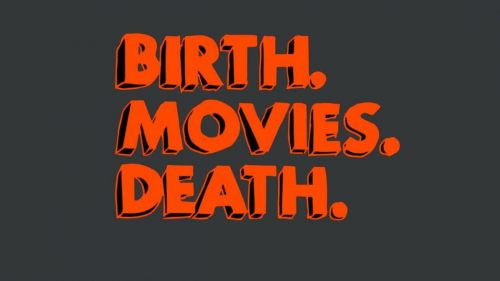In ALIEN, Ripley Proves That Sometimes A Woman Is The Best Man For The Job
From the outset, Ridley Scott’s 1979 science fiction horror film Alien is a little misleading. We meet the crew of the commercial towing spacecraft Nostromo, who are awakened from stasis to investigate a mysterious call of unknown origin from a nearby planet. For the first 20 minutes of the film, the men do most of the talking, while our heroine Ripley (Sigourney Weaver) says almost nothing. Scott wants you to believe that this is a male-dominated ship -- men, like the computers the crew heavily rely on, symbolize rational thinking, and our primitive instinct, nurtured by years of social conditioning, is to trust that which is masculine; that which hunts and gathers, provides and makes the judgment calls for our best interests. We see the Nostromo, dominated by men, and we blindly assume that these guys know what they’re doing.
They don’t -- not really. The men make horrible decisions: science officer Ash (following orders from Captain Dallas) violates quarantine protocol and brings a mysterious alien life form aboard the ship, putting the lives of the crew at risk. When the alien breeds something far more sinister, Dallas hatches a plan to rid the ship of its terrifying alien intruder, refusing to listen to Ripley or allow her to perform the dangerous task of entering the air ducts to flush the creature out -- as if only a man in charge is capable of such valor. At one point she confronts him by barring his exit, demanding her voice be acknowledged and heard (this is the moment when the Nostromo apparently becomes the Texas Legislature). And perhaps if any of these men had listened to Ripley, they might have lived.
Alien is filled with sexual imagery, highlighting the divide between male and female. The flamethrowers the men use to battle the alien intruder are symbolically phallic, as is the rolled-up newspaper Ash uses to try and choke Ripley into submission in one of the film’s most horrific and psycho-sexual moments. When Ash, an android, is bludgeoned to death, his body sprays out a viscous white liquid, reminiscent of semen. To take the sexual symbolism even further, Alien illustrates what happens when a man is the victim of a non-consensual sex act (the face-hugger) and later endures a violent birth (the infamous chest-bursting sequence) -- two acts of violence in which the victims are traditionally identified as women. These men are forcibly penetrated and made to sacrifice their bodies in ways they’ve never had to imagine, much less fear. Perhaps this is why Ripley is the lone survivor: she is both masculine and feminine everywhere that it matters. Weaver is slightly androgynous in the role, creating a character that isn’t your typical, conventionally sexy, babe-alicious horror starlet.
That’s not to say that Ripley isn't sexy, it's that she illustrates that women who are tough are sexy . She's attractive in a way that's unconventional because of her masculine energy and her refusal to indulge in the superficial components of “femininity”: make-up, accessories, deference to male authority -- and yet there isn't a big show about how masculine she is or some throwaway line about why she's not your average girl. The best science fiction immerses you in a strange version of our world and doesn't need to hold your hand and explain why and how everything is different. And in that way, the best science fiction is similar to the best representations of women in film in that it isn't condescending to the viewer, and trusts us to intelligently process what we are seeing -- whether it's a capable, strong woman or an alien planet (to some people, these things are unfortunately still the same). When we see Ripley at the film's end in her wife beater (a typically male article of clothing that's evolved from a symbol of blue collar masculinity into a red flag of illiteracy and douche-ness), men’s dress shirt and plain white underwear (unadorned with flowers or lace), she is a woman who has conquered and survived -- not due to dumb luck, or the help of some macho hero, or while crying big mascara tears into her cleavage. She's no final girl like the women who survive monsters and boogeymen in your average campy horror flick. She's the final woman, and she’s the best -- and only -- man for the job.
This was originally published in the "Space: The Final Frontier" issue of Birth.Movies.Death. See Alien at the Alamo Drafthouse this month!



